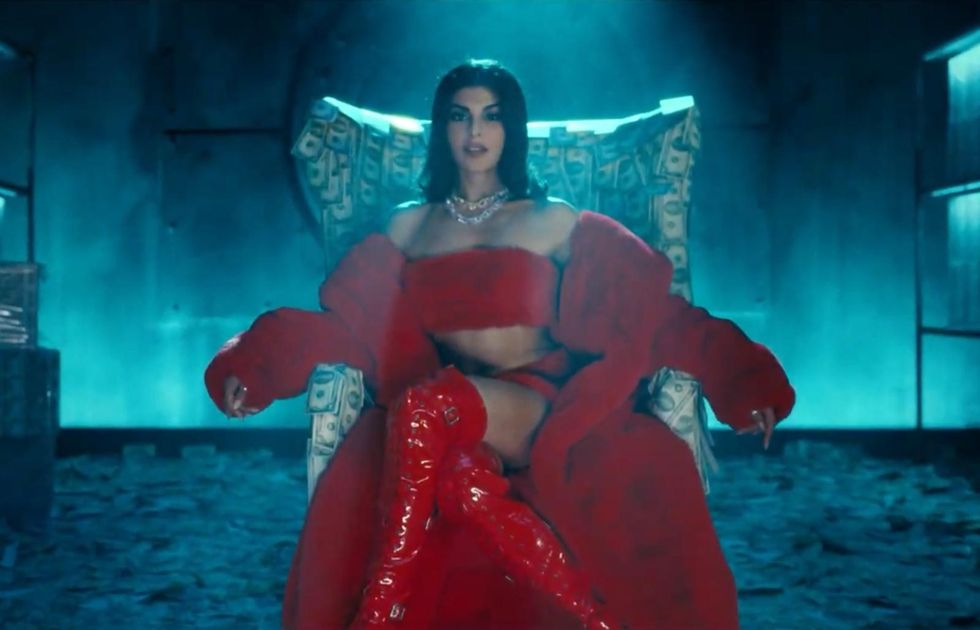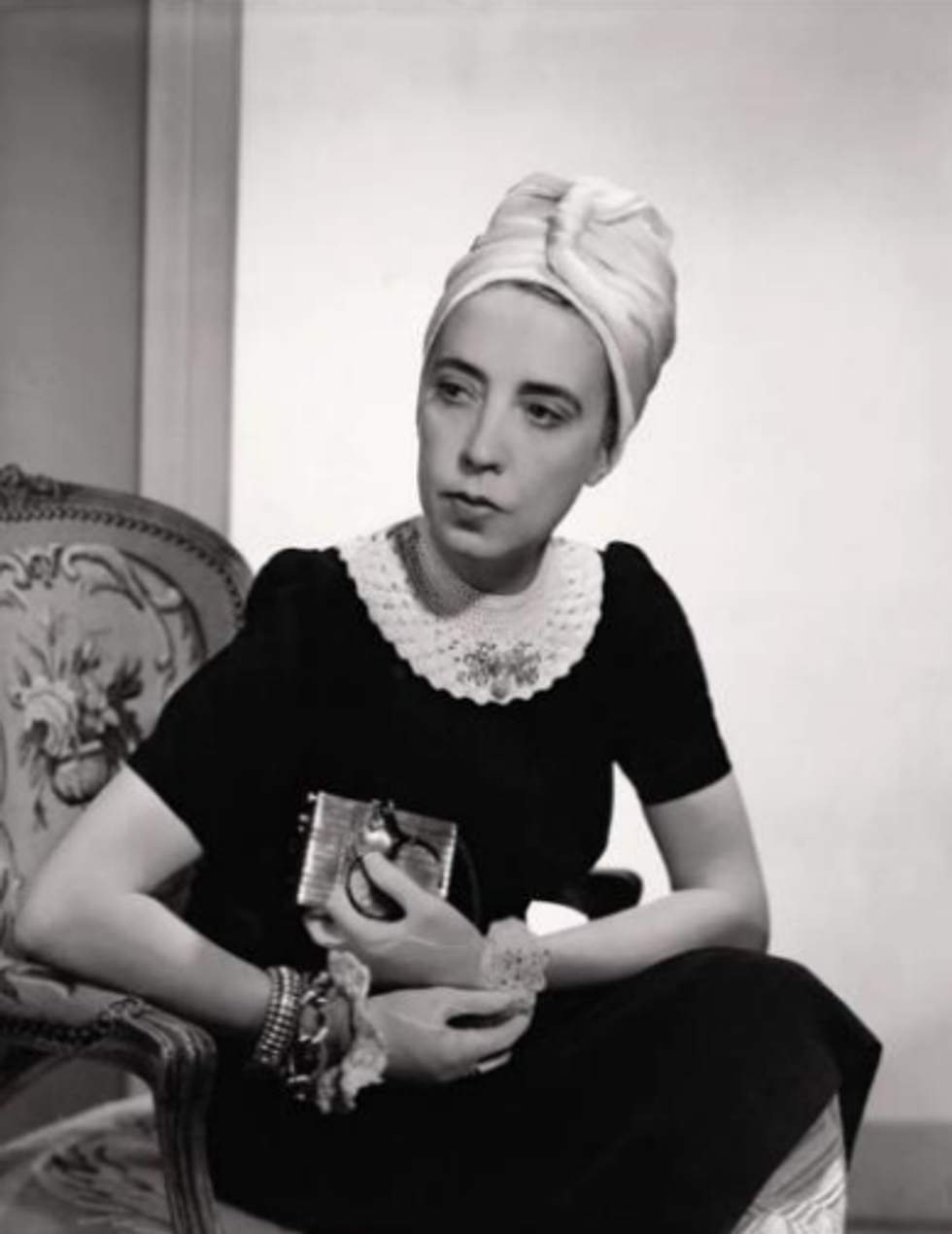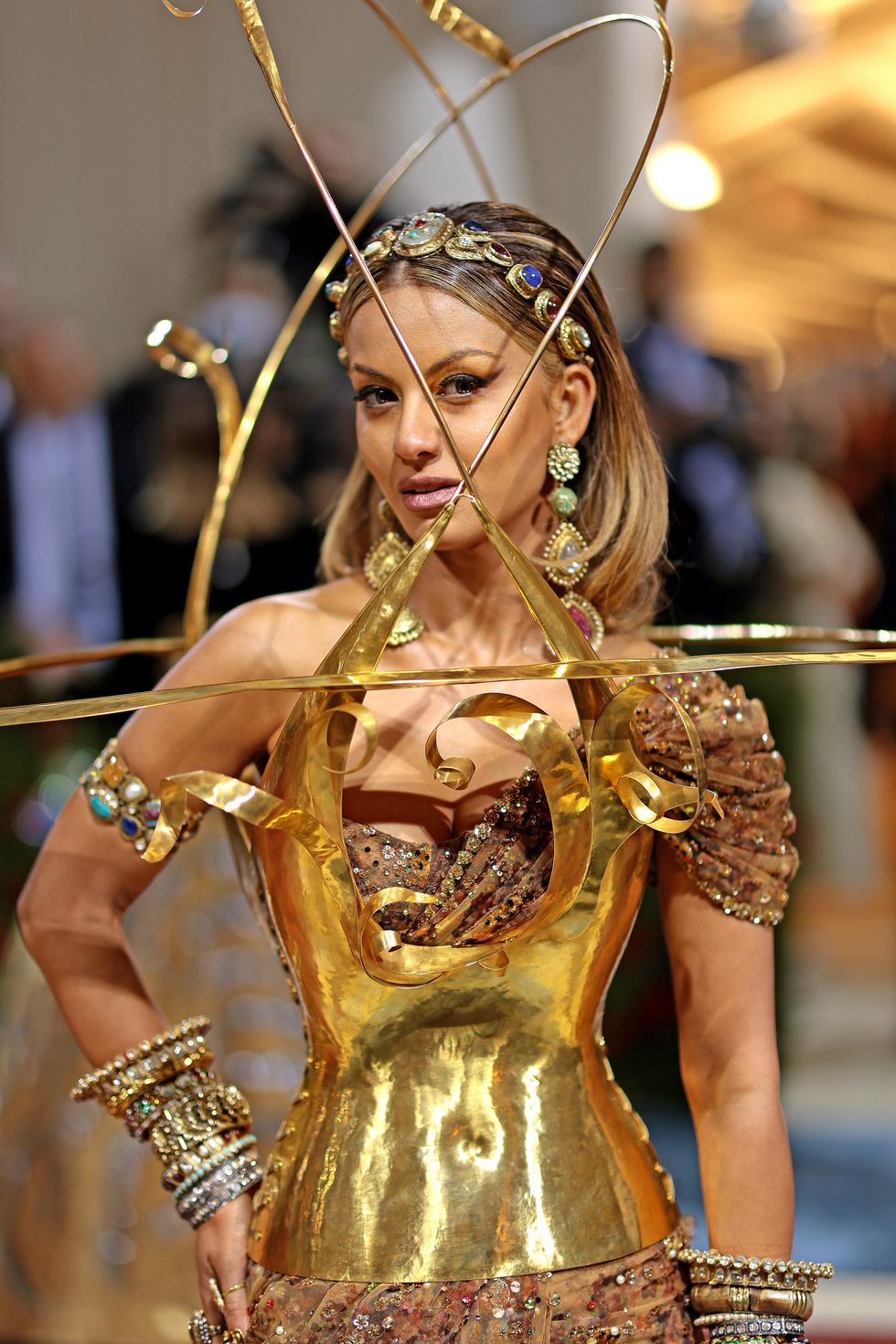Yashasvi Jaiswal blasted Rajasthan Royals back to winning ways over Chennai Super Kings on Thursday (27) to leapfrog MS Dhoni's men at the top of the table in the Indian Premier League.
Jaiswal blasted 77 off 43 balls to give the men in pink an impressive total of 202-5 and Chennai fell 32 runs short in Jaipur thanks to five wickets between spinners Adam Zampa and Ravichandran Ashwin.
Jaiswal got Rajasthan off to a flier, hitting three fours in the first over and then another 18 runs in the third as he and Jos Buttler racked up 64 in the powerplay.
"I am enjoying playing with Jos Buttler. There is no secret really. I love playing proper cricket shots and keeping the tempo high," Jaiswal said afterwards.
Buttler fell to Ravindra Jadeja for an uncharacteristically sedate, by the England captain's standards, 27 off 21 balls before Royals skipper Sanju Samson departed for 17.
But Jaiswal powered on, reaching his 50 off 26 balls and hitting four sixes and eight fours before falling finally for 77 to give Tushar Deshpande his second wicket of the night.
Shimron Hetmyer fell cheaply for eight but Dhruv Jurel (34) and Devdutt Padikkal (27) rode their luck to bring Rajasthan over the 200-run mark for the first time at their home ground.
Ruturaj Gaikwad provided a quick start for Chennai despite losing his partner Devon Conway early, hitting 47 off 29 balls as Chennai scored 42 runs in the powerplay.
But Rajasthan's spinners kept things in check with Zampa taking 3-22 including the wickets of Conway and Gaikwad who top-edged the Australian to long-on for 47.
Ashwin then struck twice in three deliveries with both the in-form Ajinkya Rahane (15) and impact player Ambati Rayudu, out for a two-ball duck, holing out on the boundary.
Shivam Dube kept Chennai in the hunt with 52 off 33 balls, hitting four sixes in his third half-century in four matches but wickets tumbled at the other end including Moeen Ali who fell to Zampa for 23.
"I think it was the first six overs that took the game away from us," Chennai skipper Dhoni said.
(Reuters)

















 Rajkummar Rao and Patralekhaa smiling during a public appearance earlier this year
Rajkummar Rao and Patralekhaa smiling during a public appearance earlier this year  Patralekhaa and Rajkummar pose together after an awards show
Patralekhaa and Rajkummar pose together after an awards show 

 With viral choreography, bold styling, and mass appeal, Jacqueline’s music video appearances have become internet staples
With viral choreography, bold styling, and mass appeal, Jacqueline’s music video appearances have become internet staples These 12 songs reflect how Jacqueline Fernandez has turned dance numbers into viral cultural moments
These 12 songs reflect how Jacqueline Fernandez has turned dance numbers into viral cultural moments
 Vogue 1940; Designer Elsa Schiaparelli wearing black silk dress with crocheted collar of her own design and a turbanFredrich Baker/Condé Nast via Getty Images
Vogue 1940; Designer Elsa Schiaparelli wearing black silk dress with crocheted collar of her own design and a turbanFredrich Baker/Condé Nast via Getty Images 'Tears' Evening dress and head veil, designed by Elsa Schiaparelli, February 1938 for Circus Collection, summer 1938. Fabric designed by Salvador Dali Victoria and Albert Museum, London
'Tears' Evening dress and head veil, designed by Elsa Schiaparelli, February 1938 for Circus Collection, summer 1938. Fabric designed by Salvador Dali Victoria and Albert Museum, London Natasha Poonawalla attends The 2022 Met GalaGetty Images
Natasha Poonawalla attends The 2022 Met GalaGetty Images  Vogue 1936; Two models, standing in a white room with arrows painted on walls and wearing dresses by Schiaparelli;Cecil Beaton/Condé Nast via Getty Images
Vogue 1936; Two models, standing in a white room with arrows painted on walls and wearing dresses by Schiaparelli;Cecil Beaton/Condé Nast via Getty Images